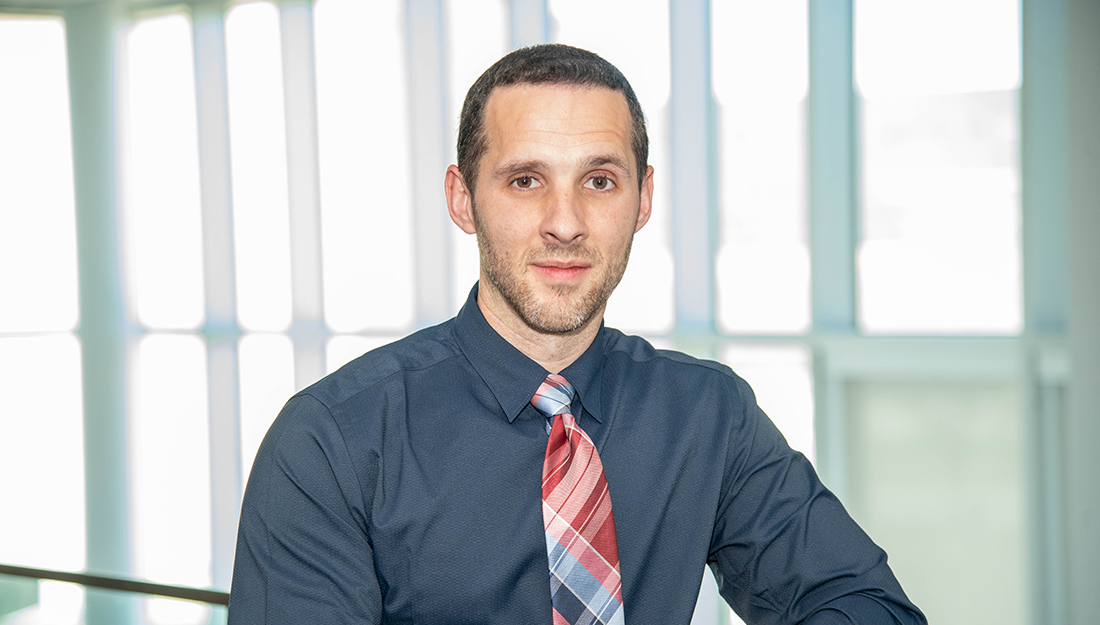Making the world a healthier place

Hoping to improve health systems around the world, Mahbub Hossain, MD, is passionate about using his expertise to address emerging public health problems.
Hossain is a student at the Texas A&M School of Public Health, pursuing a Doctor of Public Health (DrPH) degree in Health Promotion and Community Health Sciences. As an international student from Bangladesh, Hossain recalls growing up in a rural area and viewing the lack of access to adequate health care around his country.
“I am a board-certified physician, trained in medicine and surgery in my country,” Hossain said. “I saw health disparities around me and read much about similar disparities in other countries. I even read about health disparities that poor citizens experience in developed countries. I was determined to do more than my clinical role as a physician to improve health access to disadvantaged people around the world.”
Following his desire to help underserved populations, Hossain pursued a Master of Public Health (MPH) degree from Johns Hopkins Bloomberg School of Public Health with an emphasis in epidemiology, health economics and health policy and management.
“After leaving Johns Hopkins in 2017, I moved to India and joined the Indian Institute of Health Management Research, where I worked with scientists and economists. We analyzed health policies for adolescent health and health systems, which were published as a part of the India Priorities by Copenhagen Consensus Center.”
Hossain worked in India until the spring of 2018, when he decided that he had more to learn concerning effectively alleviating health disparities, and improving health access to underserved populations. He began looking for doctoral programs focusing on health promotion.
“I found that there are very few schools of public health that offer professional doctorate programs in my areas of interest,” Hossain said. “Texas A&M is one of a few in the nation offering a full-time DrPH in health promotion. Moreover, the tradition of selfless service and leadership is something I like about this university, which is very much needed in the world of public health to eliminate health disparities.”
Since his enrollment at the Texas A&M School of Public Health in 2018, Hossain focused on evidence-based public health interventions and mental health projects. Recently, he published two articles in The Lancet and The Lancet HIV, presenting critical concerns on mental disorders and sexually transmitted diseases among Rohingya refugees, who fled to Bangladesh in response to the ongoing genocide in Myanmar. In addition, Hossain used his knowledge to write a proposal to remedy the health disparities faced by people affected by the Rohingya Crisis.
“I set out to help the Rohingya minority after seeing these people don’t even have a country or a system from which to get adequate health resources,” Hossain said. “I collaborated with colleagues in the United States, the United Kingdom, India and Bangladesh to create a project that assessed the persistent and emerging health problems of this complex humanitarian crisis.”
Hossain went on to share an overview of this project at the Global Health Conference in Houston this past March. This presentation entitled “Health Rights in Complex Humanitarian Context: a systematic analysis of the Rohingya Crisis” highlighted the challenges to ensure health and rehabilitation of the Rohingya refugees. Hossain won first place in the research poster competition at the conference, but said this is just the beginning. Hossain continues to collaborate with scholars and practitioners around the globe to address health disparities.
“Collaborating with my American, African and European friends at Texas A&M, I hope to learn more about how health systems work in various countries,” Hossain said. “My next goal is to work with these colleagues to identify and address the critical health problems we face today, and hopefully, we will be publishing a few papers communicating our findings with the global communities.”
From climate change to various epidemics, Hossain said his international background helps to bring a global perspective to complex health problems. He believes these health problems are what unite us around the globe and allow us to share our knowledge and other resources to address these issues.
“Health sciences inform us that we can be different by our external traits and health behavior, but internally, we are not much different from each other,” Hossain said. “By acknowledging the commonalities in our health care problems and appreciating the diversities in our competencies and perspectives, we can learn from each other, find innovative solutions to global health challenges, and ultimately make the world a healthier place.”
Media contact: media@tamu.edu


